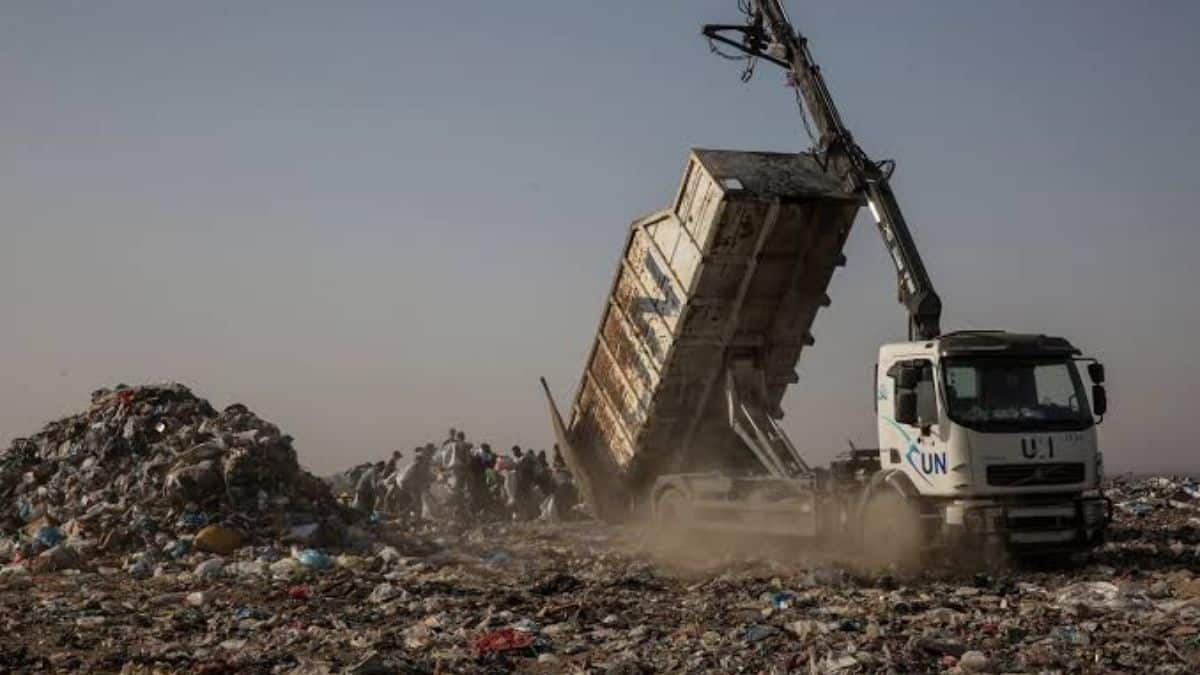Gaza City is grappling with a severe public health crisis as its solid waste management system collapses. The city, home to over two million residents, is experiencing a rapid accumulation of uncollected garbage, which poses significant health and environmental risks.
The situation has been exacerbated by a decade-long blockade and geopolitical tensions, which have severely restricted infrastructure development, including essential waste management services. Recent reports from local and international authorities indicate that waste is accumulating more frequently in residential areas, creating hazardous conditions.
Key factors contributing to this crisis include inadequate funding, outdated equipment, and a shortage of skilled personnel. Political divisions and administrative challenges have further complicated efforts to address the issue effectively.
While international aid has provided some temporary relief, a long-term solution remains elusive. In response, local authorities have proposed several measures, such as investing in new waste collection vehicles, building recycling facilities, and improving local workforce capabilities. However, these initiatives face significant hurdles, including the need for substantial funding and overcoming logistical challenges.
As the crisis deepens, the residents of Gaza City are increasingly exposed to health risks associated with the accumulation of waste. There is an urgent need for coordinated action from both local and international stakeholders to address the collapsing waste management system and protect the community’s well-being. The future remains uncertain, with immediate intervention required to prevent further deterioration.

